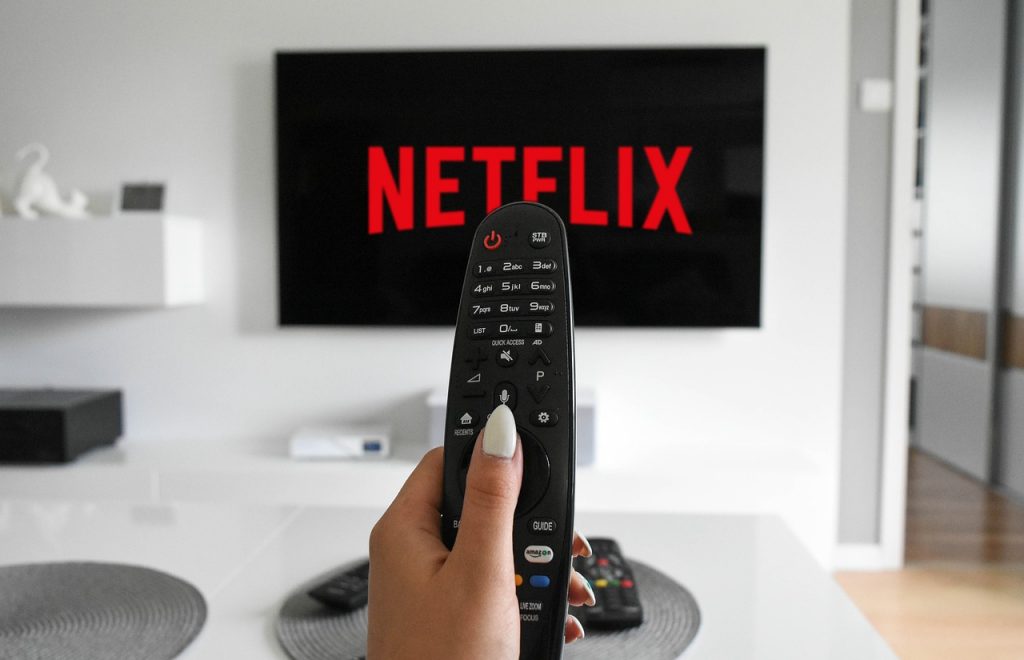Netflix Failing Faster Than It Can Help Itself?
Netflix has taken a few major blows in terms of both revenue and subscribers, now it may be failing too fast to help itself.
This article is more than 2 years old

In business, being what is known as a disputer can yield monumentally positive results. Netflix co-founder Reed Hastings used to be one. He touted himself as one, as did his peers, the business community, and the greater populace at large. Unfortunately, CNBC highlighted that recent happenings at the streaming giant suggest that Hastings and his brainchild Netflix are losing their disruptive edges.
Netflix has had a rough go of it in recent months. The streaming giant’s stock market valuation has taken a historic 70% dip over the past year. Simultaneously, Netflix also lost an immense number of subscribers totaling in the hundreds of millions. These sobering circumstances have prompted the company to evaluate where it had gone wrong. And consider whether or not, as it stands now, if it is still relevant.
Netflix has realized that it has to do something in order to continue to stand out and recoup some of its lost subscribers in a market that has become hyper-competitive. Netflix once enjoyed free rein of the streaming landscape. However, other companies have now caught up. And, what’s more, is that many are offering content that is equal to or superior to what Netflix puts out at much cheaper price points. For instance, Paramount+, Disney+, and Apple TV+ all cost less than $10 per month. Thus, in response to its current predicament, Netflix has decided to refer back to strategies as old as the television industry itself.
First and foremost, Netflix has decided to shift some of its focus to attaining revenue from ads. By partnering with advertising agencies it’s likely that Netflix will be able to offset the costs of its subscription. In doing so, it is the hope that it will be able to re-attract users who flew the coup due to continued subscription hikes. Second, the company plans to put a more significant focus on developing its own content. Similar to how big networks like ABC and NBC have been doing for decades. And not unlike what some other streaming giants like Disney are doing now.
Lastly, Netflix is aiming to embrace syndication. Instead of just dropping seasons all at once, the streaming company is planning to pivot to more syndicated approaches by releasing episodes on a timed schedule. Sound familiar? This is how traditional TV has always done it. And honestly, there can be real value in having to wait for something. It builds anticipation and hype. Those things can serve to more deeply connect a viewer base to a certain program and its characters. Studies have also shown that watching a show in spurts versus all at once also helps people to retain more details about what they watched. In a sense binging a show, while fun in the short term, is difficult for the brain to process and thus it becomes harder for one to commit a specific show to memory.
Moreover, a tertiary strategy that Netflix is aiming to employ is to gain more control over password sharing. It is the company’s belief that some of its subscribership loss can be attributed to rampant account sharing between friends and family. The next few months will serve to preliminarily show whether or not Netflix strategies’ are in fact working or perhaps indicate whether the streaming pioneer is destined to fade into the background and succumb to irrelevancy.





